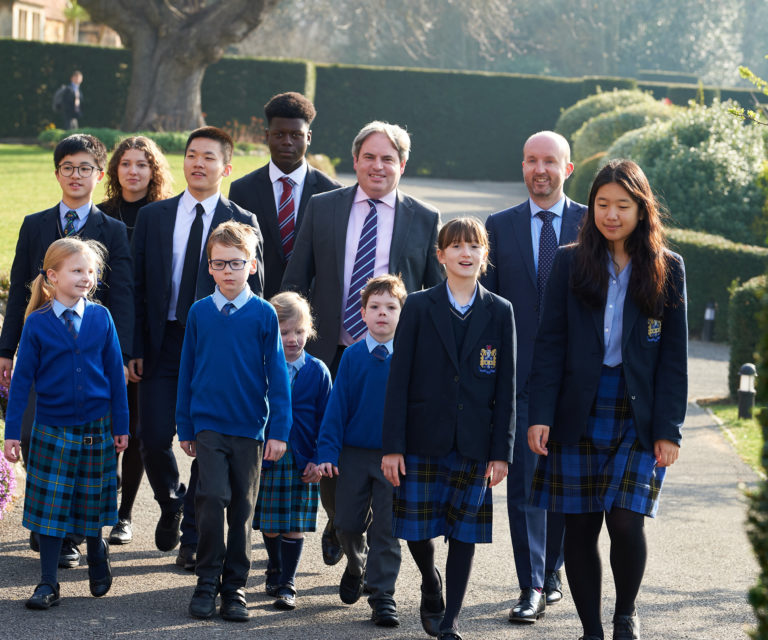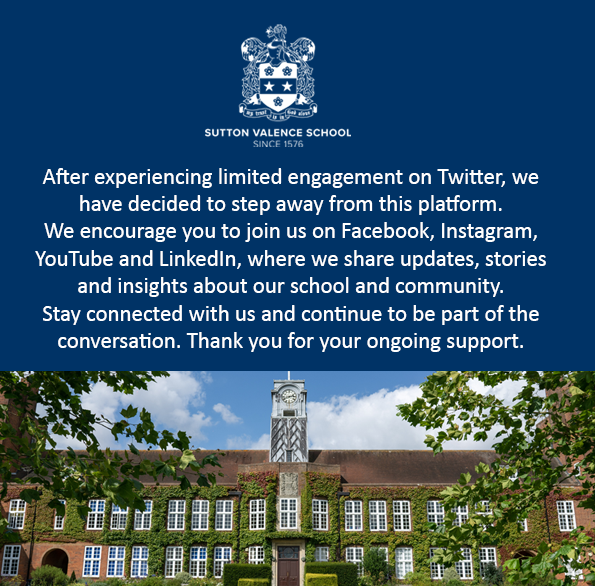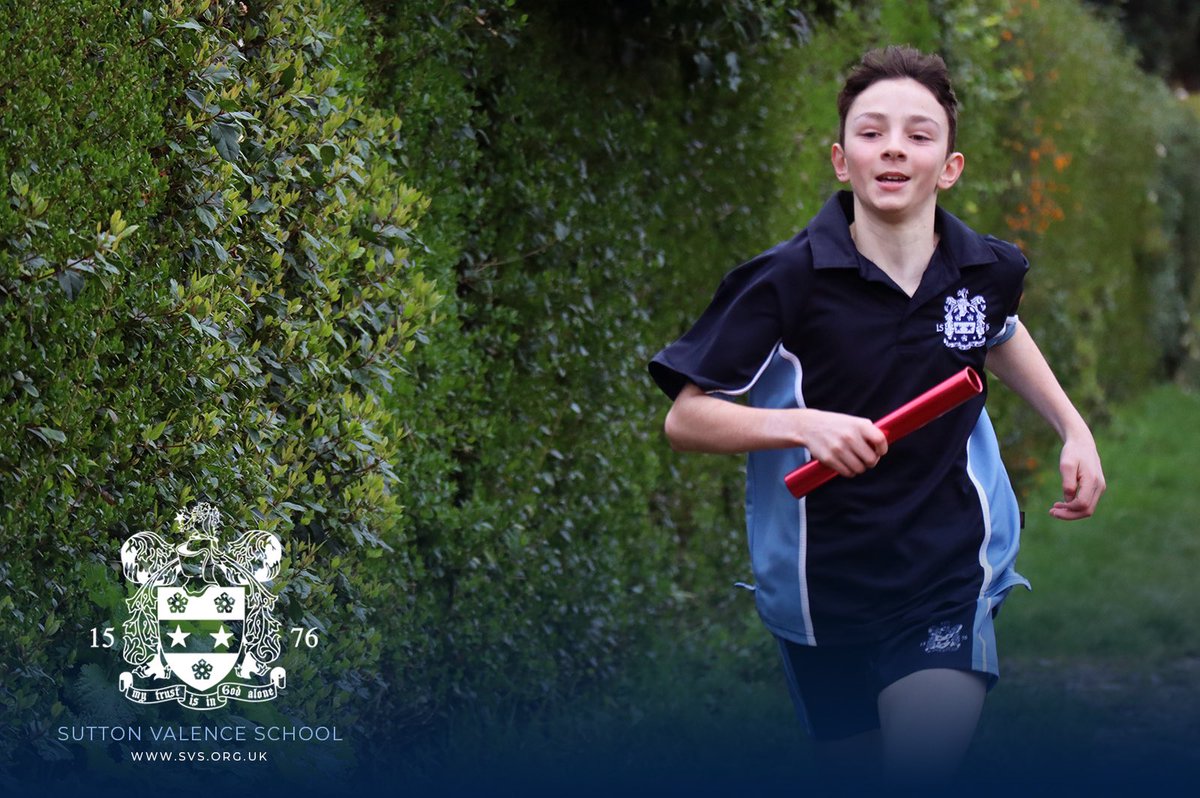In amongst all of the early gloom that 2020 brought, we received the positive news that Old Suttonian David Nelson (1966 C) had succeeded in his efforts to have a Holocaust survivor’s memory properly recognised. David was so touched by the story of Kurt Kriszhaber that he spearheaded an international GoFundMe campaign to provide him with a proper gravestone.
The story begins in late 2009, when the Holocaust Museum and Cohen Education Centre in Florida was contacted to see if they would be interested in a trove of family correspondence, documents and photographs belonging to the late Stanislaus and Sala (Sally) Faktor. They were Holocaust survivors who had lived in Naples, Florida. The Faktors had no children, and their materials had been passed to a friend, who in turn offered them up to the Museum for research purposes.
In 2015, the Museum used the artefacts to form the basis of an exhibition entitled The Faktor Investigation – Solving the Mystery through History. This was led by Old Suttonian David (pictured), who, as a genealogist, was using the correspondence to piece together a history of the Faktor family from its roots in Vienna. He found that as World War II began, the family had been scattered across the world. One particular letter on display in the exhibit, written in English by a certain Kurt Kriszhaber, caught his interest and he began to research it further.
The letter was written in 1941 to his relative, Sally Faktor, who was living in New York at the time. Kurt had written it from behind barbed wire in an Australian internment camp. As an Austrian Jew, Kurt had been deported from the UK aboard the ship Dunera as an ‘enemy alien’ in July 1940. In writing the letter, he sought information from Sally about his family who he thought may still be alive in Nazi-occupied Europe.
David began combing through the Faktor correspondence in a quest to answer the questions Kurt was asking – where was his father, his aunt and uncle, his grandparents and his sister? Perhaps unsurprisingly, the answers David eventually found were not good – Kurt’s father, Franz, was murdered in Auschwitz, his aunt and uncle in the Minsk ghetto, his grandparents died in Theresienstadt and his sister appeared to have disappeared in Vienna. Sadly, Kurt’s family had been destroyed.
After spending two years in internment, Kurt joined the Australian Employment Company and, in 1946, he applied for Australian citizenship. On 5th September that year, his citizenship was officially announced in the Australian Government Gazette. He was a young man on the brink of starting an exciting new chapter in his life. Sadly, two days later he was dead, gassed by a faulty bathroom heater in his lodging guesthouse. He had avoided the gas chambers of Auschwitz, only to die in a tragic accident in Melbourne.
After further investigation, David found out where Kurt was buried, and he asked his niece, Juliette, who lives in Melbourne, to get a picture of Kurt’s gravesite. When she got there, she was shocked, since September 1946, there had been nothing but a bare patch of earth. And so began the project to give Kurt back the dignity of his name and erect a suitable memorial to an innocent collateral victim of the Holocaust.
David’s research and subsequent fundraising drive saw $4500 raised and in May 2020, the memorial was finished and placed in Fawkner Cemetery in Melbourne. Its formal dedication ceremony took place on 6th September 2020, 80 years to the day since Kurt had arrived in Australia aboard the Dunera.





